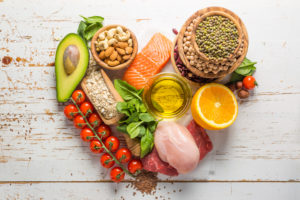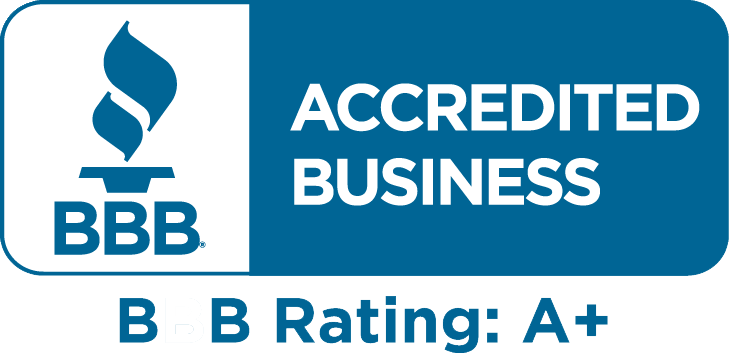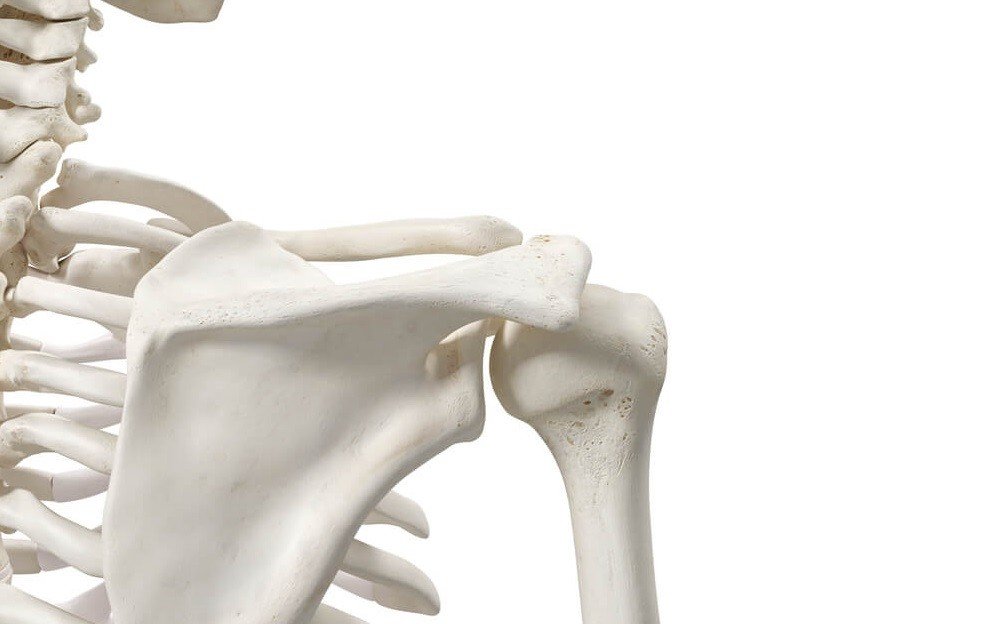February Heart Health Month: Tips for Supporting your Cardiovascular Health
February Heart Health Month
February is Heart Health Awareness month and it’s more important than ever to pay attention to your heart health. That means thinking about how you can improve your diet, include more exercise into your routine, and add heart-support supplements to your health regimen.
Supporting heart health is particularly crucial during the coronavirus pandemic because doctors are noticing that “Individuals with known cardiovascular disease are at an increased risk of more severe complications from respiratory viral illnesses, including the flu and COVID-19,” says Dr. Leslie Cooper, chair of the Department of Cardiology at Mayo Clinic.
Cytokines are small proteins in the body that assist in cell communication. However, in large quantities, they can result in intense inflammation. COVID can influence this intense inflammation response, or “cytokine storm”. Without the anti-inflammatory drugs that doctors are using with the sickest patients, a cytokine storm may not be preventable. But we can do something about reducing inflammation due to poor diet, food allergies, poor lifestyle and environmental factors.
So begin by asking yourself “Am I getting enough cardio workouts?” Walking 30 minutes a day is great start. “How can I improve my diet?” Eating a Mediterranean plant-based diet that includes plenty of fresh fruits, veggies, whole grains, nuts, healthy fats, and low-fat protein has been proven to support heart health, cognition and overall health. It just takes the right nutrients and a few lifestyle changes to get you on the right track to a healthy heart.

How Does Inflammation Contribute to Cardiovascular Disease?
Inflammation is the body’s natural way of responding to irritants, injuries and pathogens. It helps heal damaged tissue and gets rid of infection. But when it becomes chronic, inflammation can manifest as a number of health problems including cardiovascular disease.1, 2
In fact, the latest thinking is that cardiovascular disease is caused more by inflammation of the arteries than by high cholesterol. Although high cholesterol definitely increases the risk of having a heart attack, many heart attack victims actually have normal cholesterol levels. In the 1960s a doctor named Kilmer McCully started investigating the rare disease called homocystinuria that results in high levels of homocysteine in the blood. He observed that a very high percentage of people with this condition suffered from heart disease, at all ages.
Dr. McCully noticed that these individuals didn’t have fat deposits in their arteries, but that their arteries were damaged by plaque formations. He theorized that homocysteine contributed to the cholesterol deposits that were formed inside the arteries.3 In 1969 he also discovered that patients with heart disease had nearly 80% less vitamin B6 in their blood serum than healthy individuals.
Dr. McCully was banished from Harvard and Massachusetts General Hospital and denied a new position for more than two years because of his radical research. Then, in 1999 he received numerous awards for his research and was given prestigious positions. In 1999 Harper Collins published his book, The Heart Revolution, which describes how vitamins B6, B12 and folic acid deficiencies can elevate homocysteine levels and lead to arteriosclerosis.4
Thanks to Dr. McCully’s research, we know that homocysteine is one of the biggest culprits of inflammation, and is sometimes called “the new cholesterol.”
What is Homocysteine?
It’s an amino acid that is the byproduct of the metabolism of methionine. Methionine breaks down into homocysteine, which can be removed from the body only if there are adequate blood levels of folic acid, B6 and B12, which work as cofactors in the process. Studies show that by making sure you have plenty of these vitamins in your blood you can reduce homocysteine levels.
Folic Acid
Also known as folate, folic acid is critical to cellular division. It is also critical the development of the nervous system of the fetus. Folic acid deficiency has a link to atherosclerosis, depression and osteoporosis. Folic acid and B12 work together to lower homocysteine levels. A study of 45 elderly patients with vitamin B12 deficiency showed that supplementation with a daily dose of 5 mg of folic acid and 500 mcg for 8 weeks significantly improved total cholesterol, blood serum levels of folate (folic acid and vitamin B12, homocysteine levels and blood glucose.5
Vitamin B6
Vitamin B6 has involvement in the production of body proteins and structural compounds, red blood cells, prostaglandins, and chemical transmitters in the nervous system. It is also essential to maintaining health immune function and hormonal balance. B6 is particularly important in helping to curtail atherosclerosis and platelet aggregation, high homocysteine, hypertension, and high cholesterol.
According to one report, individuals who have low blood serum levels of vitamin B6 have a five times greater risk of having a heart attack than individuals with optimal levels.6
B6 also helps support healthy blood pressure. In one study, a single dose of 5mg of B6 per 2.2 pounds of body weight given to 20 people with hypertension for four weeks. This resulted in significant reductions in both systolic and diastolic pressures. The average mean was a systolic pressure decrease from 167 to 153, and a diastolic pressure decrease from 108 to 98 in the study.7
Vitamin B12
Vitamin B12 works with folic acid in many body processes. This includes the synthesis of DNA, red blood cells and the myelin sheath that surrounds and protects nerve cells and conducts signals along nerve cells.7, 8
You can’t store these vitamins for long periods. This is why it’s important to take a B-vitamin complex or eat these foods that are high in B vitamins.
- Salmon
- Leafy greens (spinach, kale, Romaine lettuce, collard greens, etc.)
- Liver and other organ meats
- Eggs
- Milk
- Beef
- Oysters, clams and mussels
- Legumes—black beans, chickpeas, edamame, green peas, kidney beans, lentils, pinto beans, roasted soy nuts,chicken and turkey
- Yogurt
- Nutritional and Brewer’s yeast
- Pork
- Fortified cereal
- Trout
- Sunflower
Vegans and vegetarians are at risk of developing a deficiency in B12 since it is only found in animal products. If you are a vegan, it’s important to take a nutritional supplement. Your body depends on these 3 B-vitamins for lowering your risk of heart disease. So make this your health priority during February, Heart Health Awareness Month. Eat more greens and increase your physical activity! You may also add a heart-healthy nutritional supplement to your health regimen & make an effort to keep in touch with friends and loved ones.

















